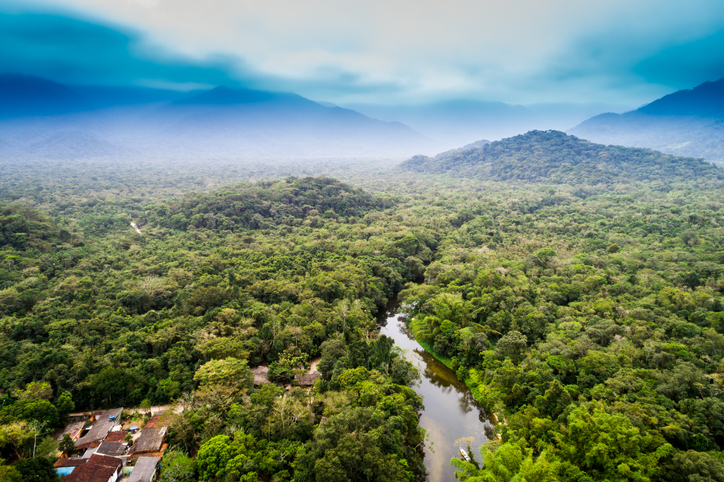
Climate Change – its effects on coffee production and the industries response.
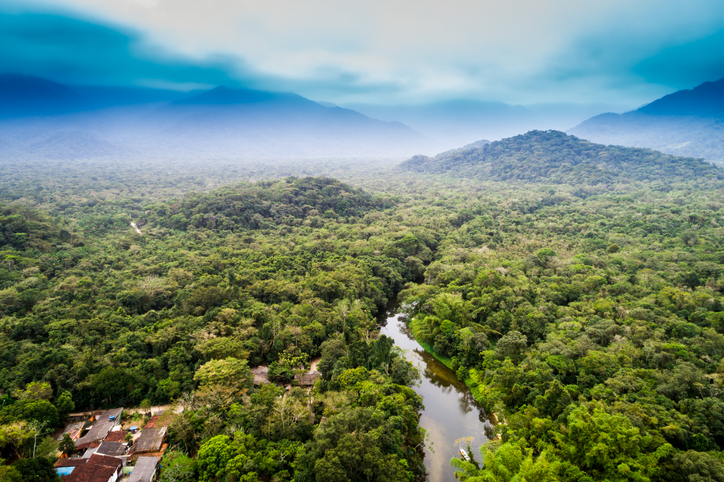
Coffee production from farmer to consumer comprises a huge industry and provides livelihoods for around 100 million people worldwide. In the UK alone we drink 85 million cups of coffee a day. With the industry being valued at 10 billion per year. On a wider world-scale coffee production is a crucial proportion of many countries export, that without could mean devastating economic consequences for those nations. In recent years there have been vast problems with coffee production due to issues such as disease, pests, droughts. These issues are rapidly rising as a result of climate change.
Kew Gardens have been at the forefront of wild plant conservation and research since the mid-1800s and have been researching wild coffee species for over two decades. Most of their research has been undertaken in Ethiopia, the birthplace of Arabica coffee. Dr Aaron Davis has recently published a journal outlining the drastic effects climate change will have on the production of coffee across the world. Dr Aaron Davis states that Arabica coffee is now considered an endangered species as are 60% of all known wild species of coffee. This is due to the effects of deforestation, climate change and increasing severity of fungal diseases. Kew gardens research also found ‘the current conservation measures for wild species are inadequate to ensure the long term future of coffee’.
Due to the unique collection of exclusive varieties that reside in Ethiopia, several case studies have been undertaken there by Kew. In 2012 they projected ‘climate changes effects on wild species in Ethiopia would decrease them by 85% by 2080’. This has severe ramifications when finding new species that are climate tolerant to crossbreed. Past species that have become successful in mainstream coffee production have all come from Ethiopia, the chances of this happening again are becoming less probable.
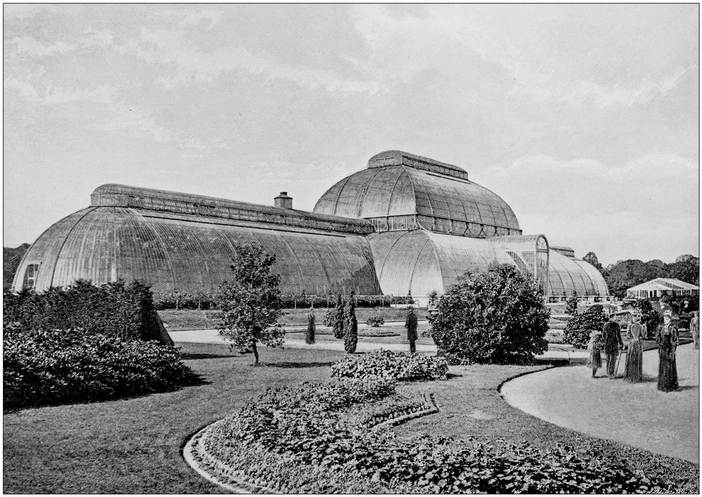
In 2017 this projection became even gloomier for coffee farmers as the Kew team predicted ‘climate changes effects on Ethiopia’s coffee production would mean 60% of the land used could become unsustainable for use by end of the century’. These are stark warnings of the effects rising temperatures, rainfall shortages and deforestation will have on the industry. Yet this is nothing new as Asia has in recent history suffered complete devastation to its coffee production due to warmer climates allowing fungal diseases such as leaf rust to thrive and wiping out plantations.
What are the experts, farmers and buyers of coffee doing to restore and maintain the sustainable production of coffee?
Kew’s research and projections are trying to ‘help (farmers) better understand the risks so that appropriate intervention and planning measures are put in place such as assisted migration, forest preservation and regeneration’. One farm that we have regularly supported in Ethiopia is Kayon Mountain. The farm, owned by Ato Esmael, was established with the aim of producing coffee that is socially and environmentally responsible. The farm is organically certified where only animal dung is used for fertilizer. The heirloom coffee trees are planted under a natural canopy of protected trees, which creates a vital ecosystem for all surrounding wildlife to flourish.
This social and environmental awareness is crucial in today’s climate, as mass deforestation for farming and industry has destroyed many communities and habitats, this none more so than Brazil. Edio Miranda, a producer we have recently supported, is concerned about making his coffee production as sustainable as possible. Caring for the maintenance of the soil, preservation of rivers and local species by keeping “green runways” along the property. It is vital that future generations share this focus and objective to become a sustainable business in all three aspects: economic, social and environmental.
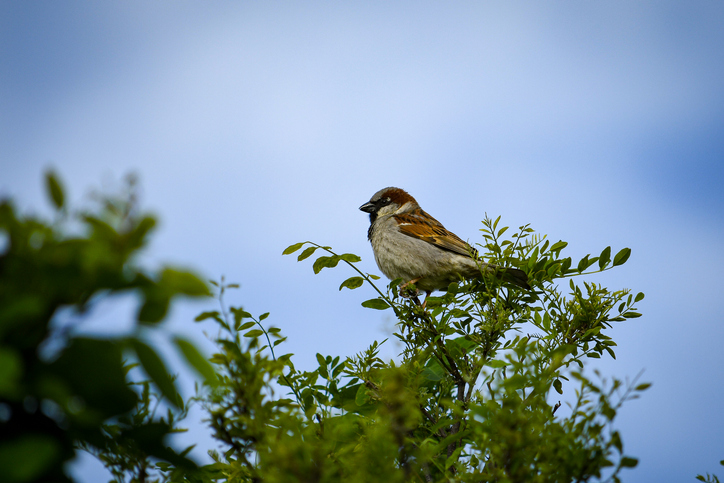
Rarely do we hear or see the incredible work experts around the world are doing to resolve the possible threat of coffee extinction. It is important to understand the threats climate change poses to coffee. Coffee needs an equilibrium of hot days and cold nights to increase and then extend the development of sugars inside the cherry. Crops can withstand the predicted rises in temperatures resulting from climate change, but only if there is enough water available to the crops. This is where the problems arise.
Warmer temperatures and longer hot seasons result in less rainfall and varying seasons needed for coffee production. The majority of wild species adapt to survive their environments. Developing climate-resistant attributes due to dry conditions, shorter wet seasons, or their adapted to humid wet conditions and are tolerant to disease. This is where the idea of ‘crop wild relatives’ was introduced. Using wild species and related plants that have genetic resources capable of providing disease, pest and climate resistance. Once found cross-breeding these genes into the vulnerable Arabica species can take place.
This has already famously happened within the coffee industry with the introduction of a wild species from Ethiopia named Coffea Canephora. The species ‘possessed certain genes that were utilized from wild coffee diversity to resolve production issues’. They found the wild species had adapted to warmer climates, lower elevation, and easier production with high productivity. Its resilient attributes and strong taste inspired its industry name of Robusta. There have been some less successful attempts of cultivating wild species. Coffea Liberica species showed all the signs of an incredible equivalent to Arabica with great yields, good climate and diseases tolerance, however, it tasted horrible. The one consequence to the introduction of Robusta is that it was such a success (now equates to 40% of all coffee production). The desire to keep researching and finding the next Robusta was neglected, which the industry is paying for now.
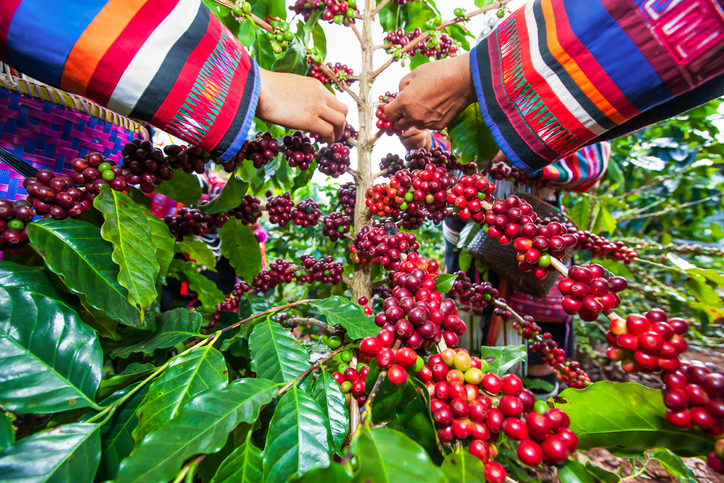
There is some hope as an elusive species Coffea Sterophylla which was last seen in Sierra Leone in 1954, and deemed extinct has been found by Dr Aaron Davis in 2018. One of the last known plants was rescued from an area severely threatened by deforestation. Although not known how much it can help with cross-breeding or cultivation for coffee production, it is deemed an exciting discovery as the species is famous for exquisite flavours that surpass Arabica.
Knowing what farmers and experts are doing, what can us as consumers do to help?
Although we may feel far removed from the situation, problems and solutions, it is important as consumers that we are more aware of where our coffee comes from. The environmental impact its journey to your cup has had on the planet is vitally important.
See if the company you buy from has full traceability back to the farm or producer. Look out for organic certification and whether any deforestation has occurred in the coffees production. See if the farmers have taken any initiative to improve their environmental sustainability. Coffee is forest grown so there’s a natural incentive to retain the forest and bio-diversity it contains by planting shade trees. Most importantly see if the company you buy from are paying fairtrade. The lack of profitability is another huge issue for farmers and means they are unable to invest in not only environmental and sustainable farming practices but also their families and communities.
Here at Cafédirect, we are 100% committed to buying Fairtrade coffee that is largely organic certified. We give 50% of our profits to our affiliated charity Producers Direct. Who support farmers to improve their organic sustainability and farming methods, in the hope that improving their quality, means increased profits and income, that can be reinvested into their farms and surrounding environments. When it comes to our range of coffee – from coffee bean subscription plans to one-off purchases – we also take great pride in showcasing the amazing work the producers we buy from do for the wildlife, ecosystems and natural environment on their farms.


25% off
your next order
Enjoy the world's best coffee, freshly roasted & delivered to your door. Sign up to our mailing list for a welcome pack and 25% off your next Cafédirect order!

Thanks for
joining our
mailing list
A welcome pack is on its way and you get 25% off your next Cafédirect order!
